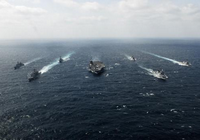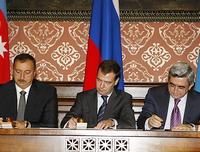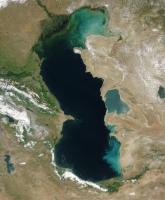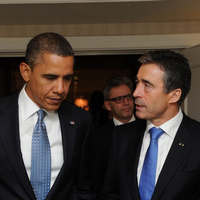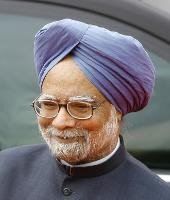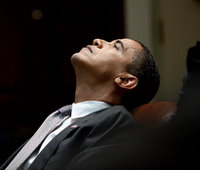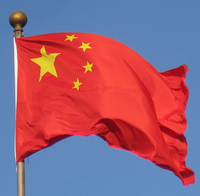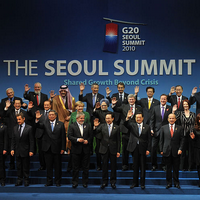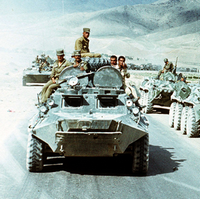
Dating the commencement of the U.S. War in Afghanistan from the first entry of American troops into the country on Oct. 7, 2001, the war has now lasted longer than the failed Soviet effort of the 1980s. And at last weekend’s NATO summit, the U.S. government committed to continue fighting in Afghanistan at least through 2014, with one senior American official calling even that possible withdrawal date “aspirational.” Opponents of continuing the large-scale, American-led counterinsurgency effort in Afghanistan cite the failure of the Soviet military to suppress the Afghan insurgency in the 1980s as evidence that the United States will […]



